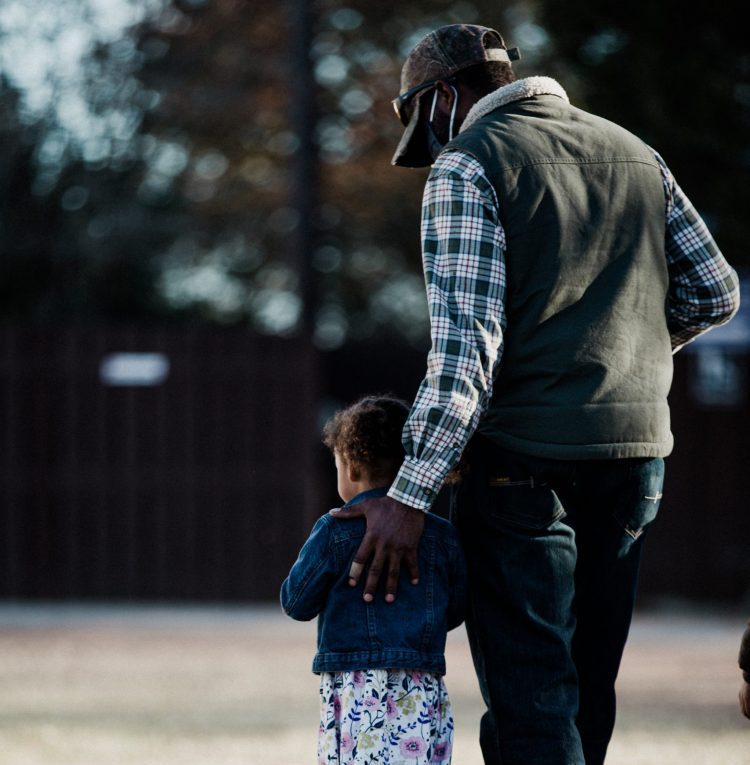- 18 Jun, 2023
- 0
- Leslie Gregory
- Leslie Gregory
Father’s day/mentorship
Father’s day/mentorship
by Leslie D. Gregory, PA-C
552 words
My father was a big man, seemingly more so when I was young, but also a very gentle and academic person. He came from a large family, 13 children all crowded into their shotgun shack in rural northwestern Ohio, he and his younger brother in a crowd of girls. Other than his mother who was called “GG” and a sweet soul of a sister, we knew little of the rest of his family.
He and my mother had four of us–two boys and two girls. My father was such a hard worker–he chose firefighting, had a landscaping business on the side and attended the local university studying political science, journalism, psychology, sociology and economics, and eventually was my first professor in the latter. Just as he was working on his doctorate, heart disease took him from us, an atheist made more resolute by the early loss of his eldest son at 20, my wonderful older brother Jimmy, to drowning.
My mother was a debutante, only child of one of the first black female business owners in our small town whose beauty “box” was a hub in the community and whose mother-owner was involved in local politics. The “shop” was across the street from the Black Panther headquarters and that made a big impression on my youthful eyes with its cement block front and small slits for windows.
She earned her Masters in Health Promotion but was initially turned down for a seat in the registered nursing class at the local school and Catholic hospital system without reason but eventually became the first Black graduate of that program, going on to become head of Health Promotion and Outreach. She was a devout Lutheran and insisted on our attending Sunday school and church and my father acquiesced.
As a child I didn’t realize how complicated life could be for one of the first Black families in a white university neighborhood with four kids in the 60s. My father and I talked at length about the killings of Martin King, John and Bobby Kennedy and the Panthers’ goals and strategies for our people. My father talked about being a veteran, racism, and the war-mongering of America on its own people.
We would debate these events at the dinner table and my father always expected two things: Have a well-considered opinion and back it up with logic. In fact, that word and one other encapsulated my memories of him. Logic and love.
He was not effusive, but made his affections known. And I respected his honesty. Coming from such a huge, crowded, poor family, he made known one day that, “I would’ve been fine with no kids, but once you came you were mine.”
One of my most moving memories of him was a Sunday that happened to be Mothers’ Day when our pastor was ill and as president of the congregation, he was asked to deliver the sermon. By referring to several of the Bible’s stories related to mothers and then discussing the importance and strength of his own, he had most of the congregation in tears by the end.
A father’s importance in a young girl’s life cannot be overstated. His intellectual rigor, philosophical curiosity, professional passion and interdisciplinary ethics provided a foundation for my academic career, parenting style and commitment to racial justice. His legacy could provide a guide to remedy so much of what is lacking in this world.
—30—
Leslie Gregory, syndicated by PeaceVoice, is a PA-C focusing on Preventive Cardiology and is Executive Director, Right to Health.
© 2023 PeaceVoice

leslie-gregory